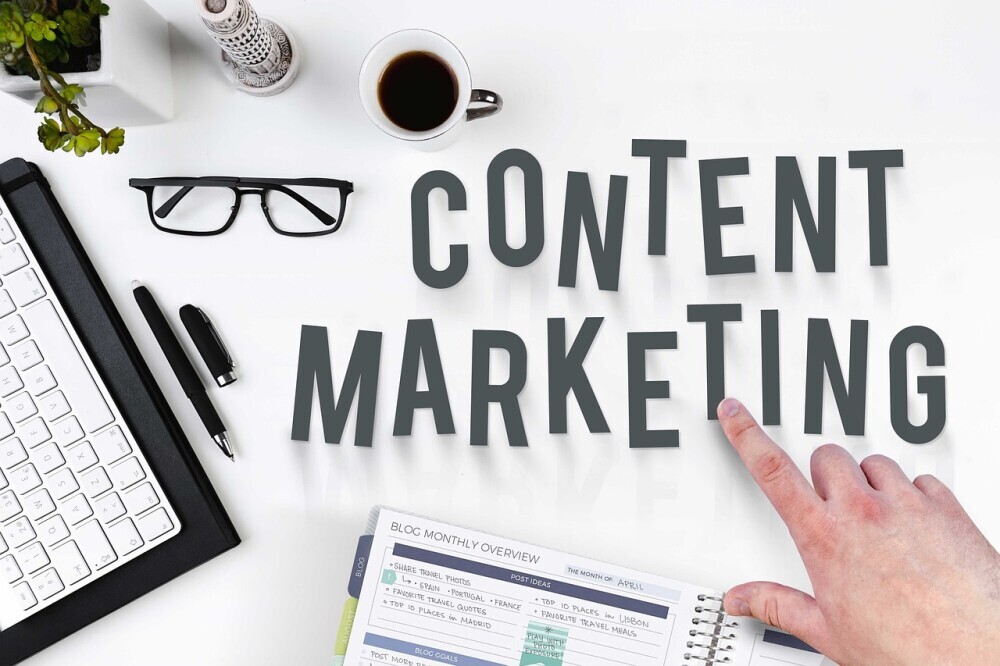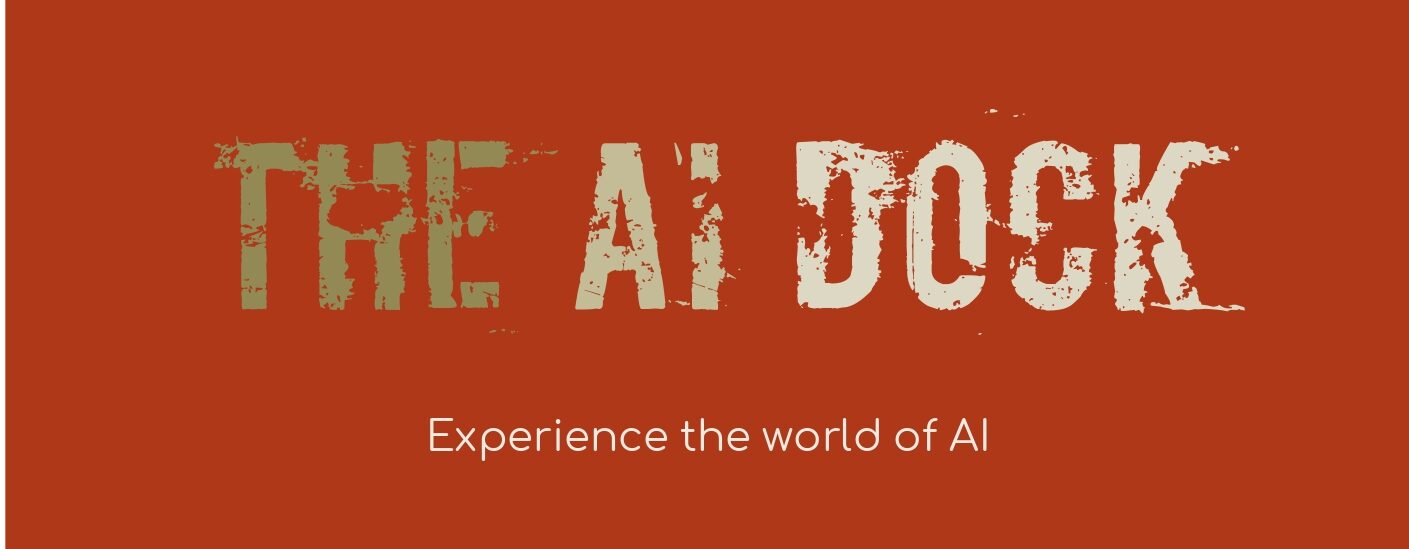Artificial intelligence, at its core, is all about mimicking human intelligence to perform tasks, and it gets better with data over time. For marketers, this means accessing a tool that can analyze vast amounts of data with incredible speed and accuracy. AI isn’t just a trendy buzzword. It’s a game-changer, propelling marketing strategies to new heights.
Why’s AI such a big deal for marketers these days? Well, it’s mostly about efficiency and precision. AI tools sift through mountains of data to uncover patterns and audience insights, stuff that would take us ages to dig up manually. With AI, marketers can pinpoint customer preferences and behaviors practically in real time, allowing for quick adjustments to strategies without all the guesswork.
The benefits of AI in marketing are pretty astounding when you think about it. We’ve got chatbots providing customer service 24/7, AI algorithms that personalize content to match individual preferences, even tools predicting the trends for what’s next. It makes marketing not only more efficient but also more engaging on a personal level for consumers.
Some great examples out there showcase just how transformational AI can be for marketing teams. For instance, consider a company that automates its email campaigns. With AI, they can personalize content based on consumer activity, ensuring each message resonates more. There’s also the predictive analytics well being put to use by brands looking to stay three steps ahead in the competitive landscape.
Understanding the potential of AI opens a world of possibilities. It’s like adding rocket fuel to creativity and strategic thinking, driving campaigns with data-backed precision that empowers marketers to craft more compelling, relevant, and successful marketing strategies.

The Current Landscape: Is AI Marketing Still Effective?
Every time AI’s capabilities grow, so does the question of whether AI marketing’s still hitting the mark. Despite the ever-changing market conditions and consumer behaviors, AI remains a solid performer, consistently delivering results that often outpace traditional methods.
There’s no denying that AI’s made some serious technological leaps in recent years. With machine learning sharpening its ability to analyze and interpret data, AI isn’t just keeping up – it’s staying ahead. This staying power has cemented its reputation as a staple in the marketing toolkit.
When you stack up AI-powered marketing against traditional approaches, it’s clear which one’s leading the pack. The precision in targeting, cost efficiencies, and the speed at which companies can pivot and adapt their strategies are major attractions for marketers. AI algorithms take the hard work and guesswork out of segmentation and content personalization, areas where old-school marketing would struggle to match.
But, of course, like any cutting-edge tech, there are hurdles to clear. For many businesses, integrating AI isn’t just a plug-and-play deal. It takes thoughtful planning and an understanding of both the technology and how it aligns with overall business goals. There’s also the challenge of data privacy, which requires careful navigation to maintain consumer trust.
Evaluating these aspects helps marketers not only measure the success of their current AI solutions but also guides them on how to best optimize the technology for future campaigns. With AI, the possibility for continuous improvement is practically limitless – as long as marketers are willing to adapt and learn.
Practical Steps: How to Seamlessly Integrate AI into Marketing
Integrating AI into your marketing strategy might sound like a daunting task, but with the right steps, it becomes an exciting opportunity. It’s about enhancing what you already do well by letting AI take the heavy lifting of data analysis and customer interaction.
The first move is identifying the areas where AI can have the most impact. Look at repetitive tasks or data-heavy processes. Maybe it’s chatbots for customer service, email automation, or even predictive analytics for market trends. Pinpoint where AI’s precision can boost your team’s efficiency.
Investing in the right tools makes all the difference. Platforms like Google Analytics AI, HubSpot’s AI-powered insights, or Salesforce’s Einstein can give your strategy that competitive edge. They bring the magic of AI to your fingertips, letting you harness big data insights without needing a data scientist on hand.
Implementing best practices is key to smooth integration. Start small, maybe by incorporating AI in just one segment of your marketing mix before scaling. Align AI goals with your overall marketing objectives to ensure everyone in your team is rowing in the same direction. Keeping an open line of communication helps in overcoming adoption hurdles.
Let’s not forget the power of human creativity. While AI handles data and automates processes, the creative insights and strategic thinking your team brings are irreplaceable. Use AI to free up your team’s time to do what humans do best – creating the kind of nuanced, engaging campaigns that machines simply can’t.
Navigating the Digital Media Landscape with AI
AI is reshaping the way we approach digital media, creating a landscape where content reaches audiences more effectively than ever before. At the heart of this transformation is AI’s ability to analyze user data and predict behavioral patterns, thereby personalizing the media experience.
Content recommendation systems are one of the most visible impacts AI has in digital media. Platforms like Netflix and Spotify use AI algorithms to suggest movies, shows, and music that align with user preferences, significantly boosting engagement and satisfaction.
Personalization doesn’t stop with content suggestions. AI empowers marketers to tailor digital media strategies, ensuring that each consumer interaction is relevant and impactful. When ads, blog content, or social media posts resonate on a personal level, conversion rates naturally rise.
AI also plays a vital role in automating and optimizing digital ads. By using machine learning to analyze ad performance in real-time, AI helps marketers tweak ad strategies dynamically, ensuring budgets are spent effectively and results are maximized.
As we look to the future, the collaboration between AI and digital media promises more innovation. From augmented reality experiences powered by AI to real-time customer feedback systems, the possibilities are broad and exciting. Staying on top of these trends positions companies to not only keep pace but set the benchmark in digital marketing.
